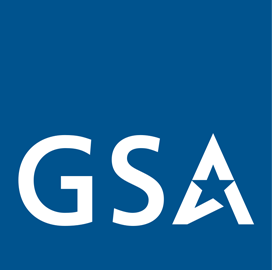Sandia National Laboratories and Arizona State University have partnered on research and development on the use of light frequency to process information for quantum computing and networking systems.
The Quantum Collaborative, a network of academic and research institutions, is funding the partnership, which is covered by a Cooperative Research and Development Agreement, Sandia said.
The state of Arizona provides financial support to the collaborative, while ASU manages the initiative.
The R&D effort focuses on integrated photonics, the miniaturization of the large optical systems used in quantum computing to chip-sized devices that can selectively reflect different light colors.
According to Sandia, the innovation for encoding data into qubits or quantum bits, the smallest of quantum information units, provides scalability and performance improvements in various applications including advanced computing and securing communications.
Nils Otterstrom, a Sandia physicist and integrated photonics specialist, said the laboratory’s Microsystems Engineering, Sciences and Applications complex has the fabrication capabilities needed for fundamental research to create next-generation quantum microsystems.
Sandia’s R&D resources was also highlighted in February when the Intelligence Advanced Research Projects Activity selected the laboratory along with three other institutions for a new foundational research program to demonstrate universal fault-tolerant quantum computing for the potential use of the Intelligence Community.














